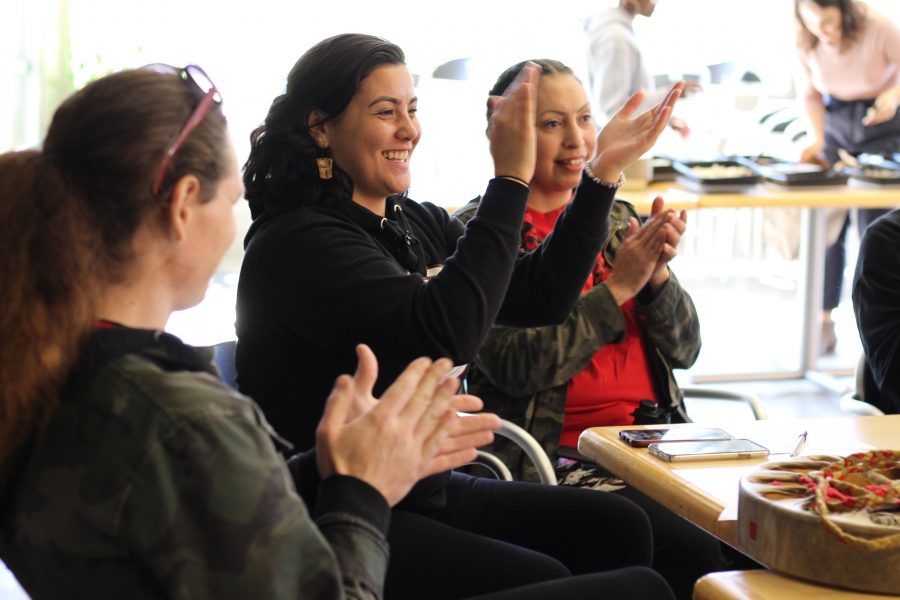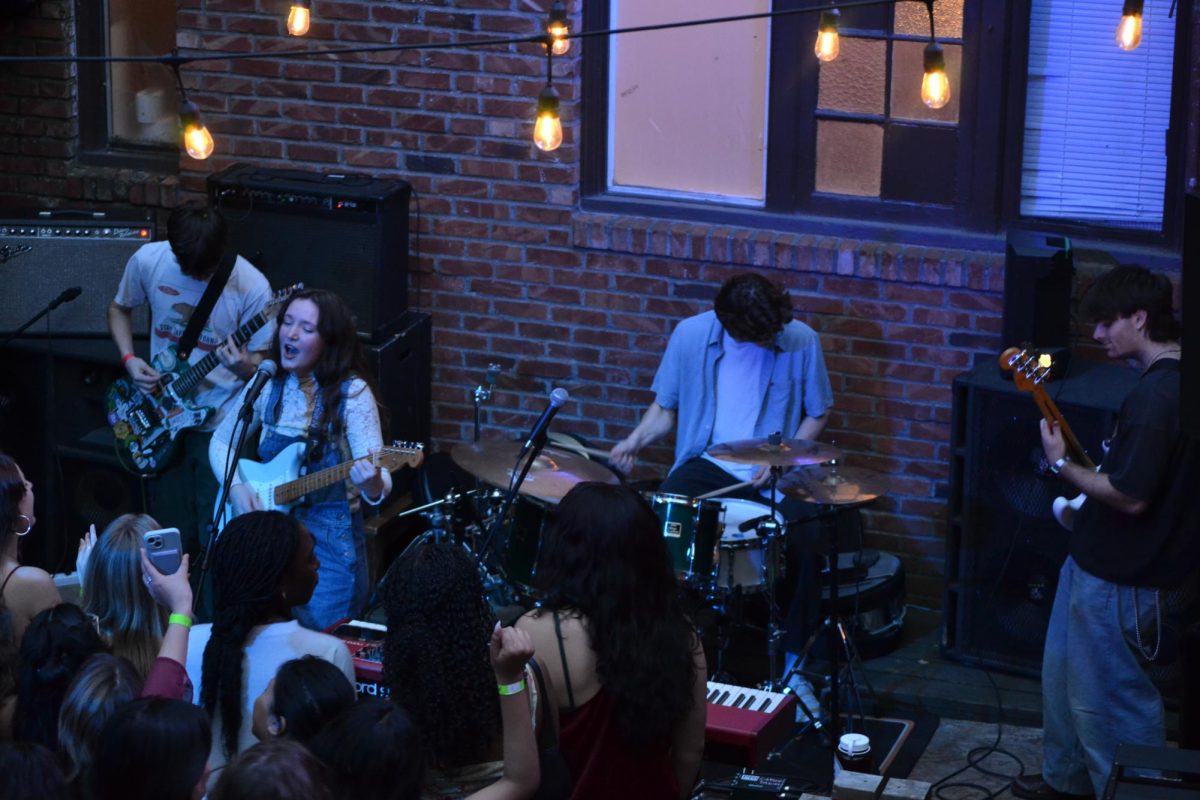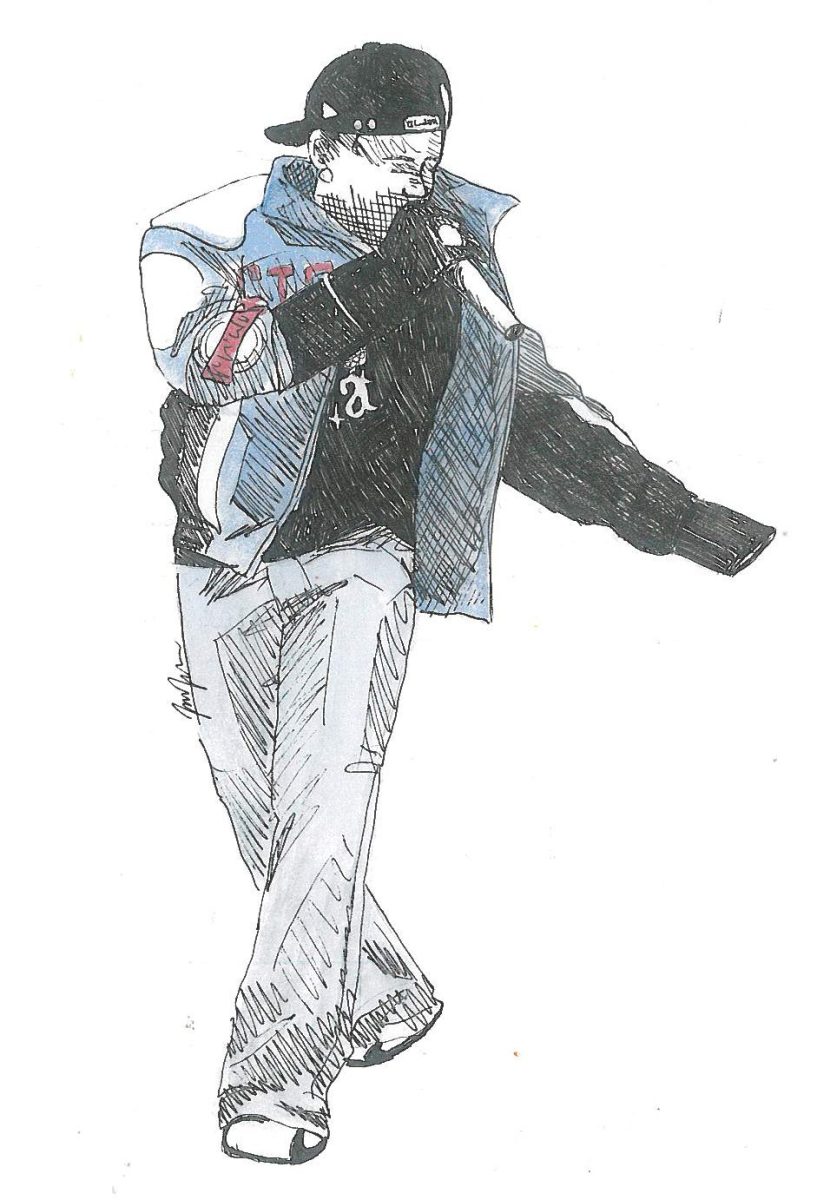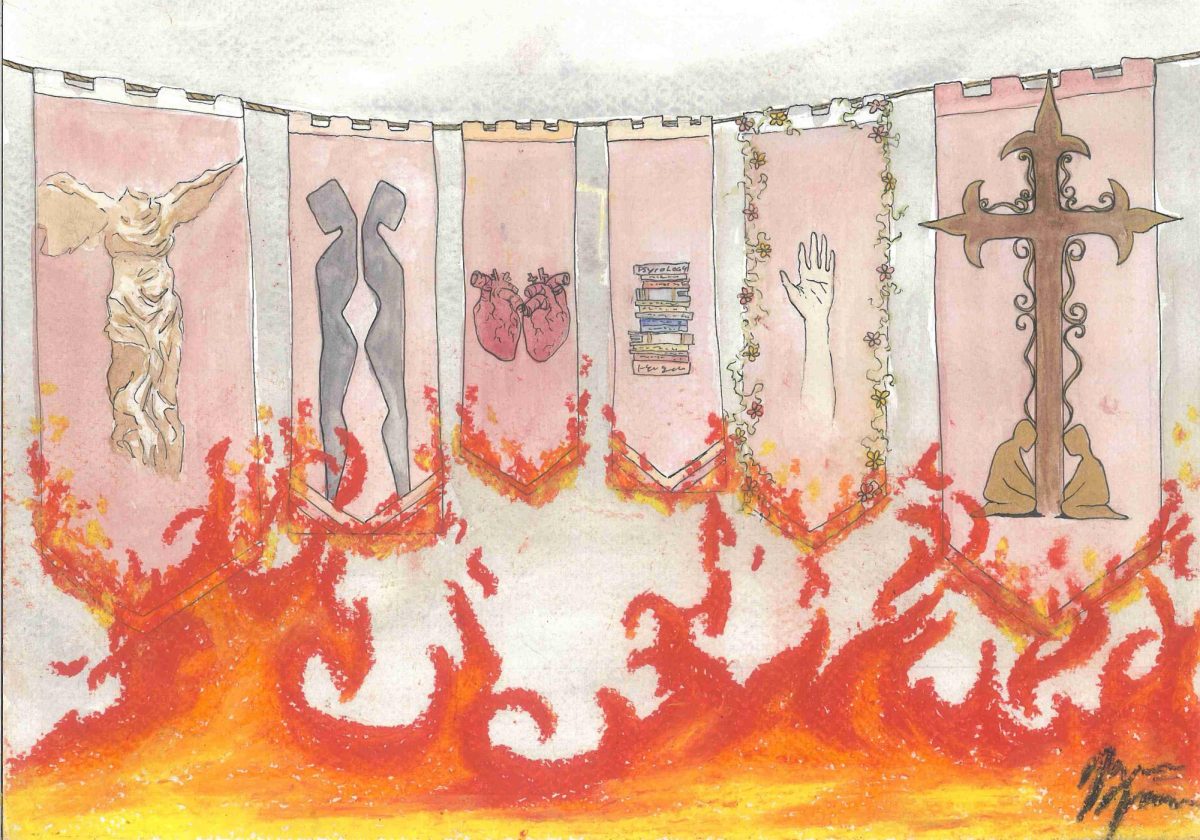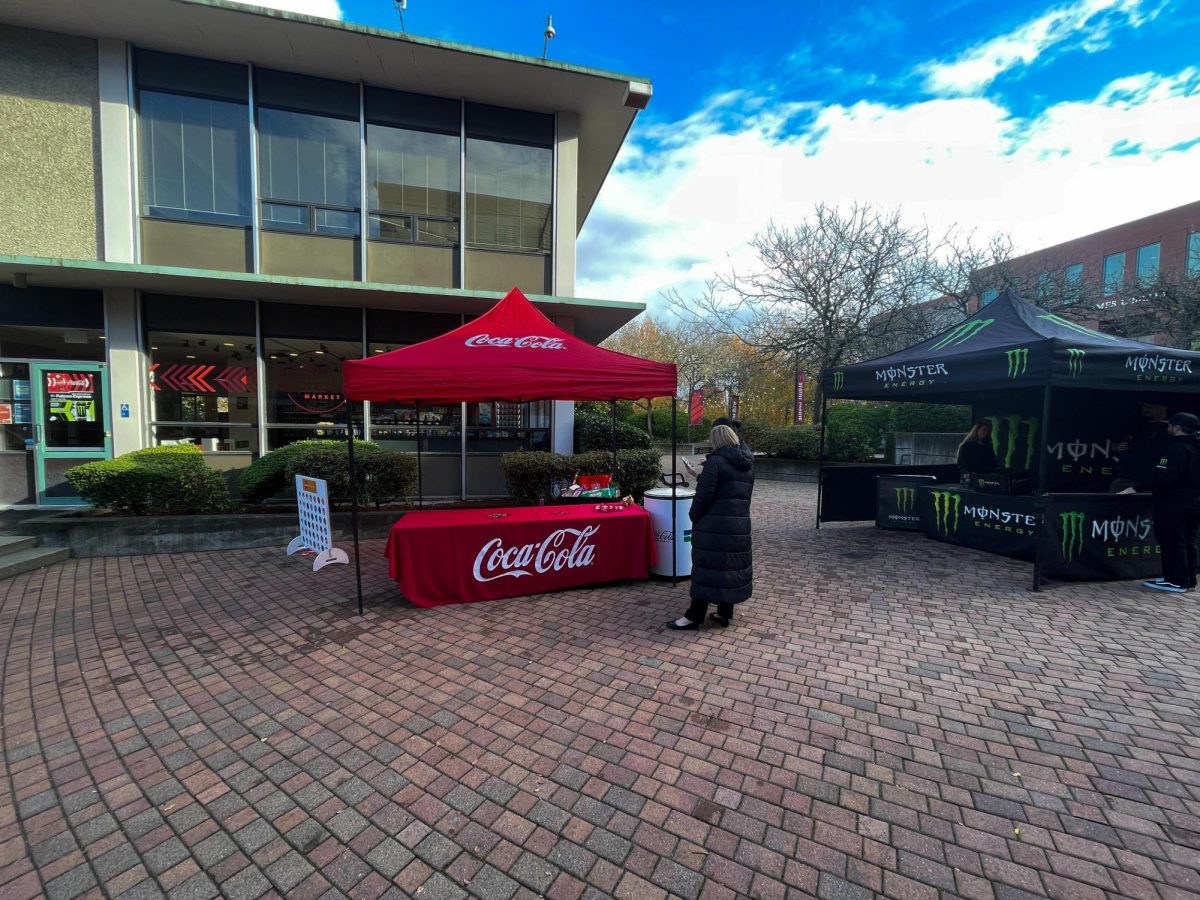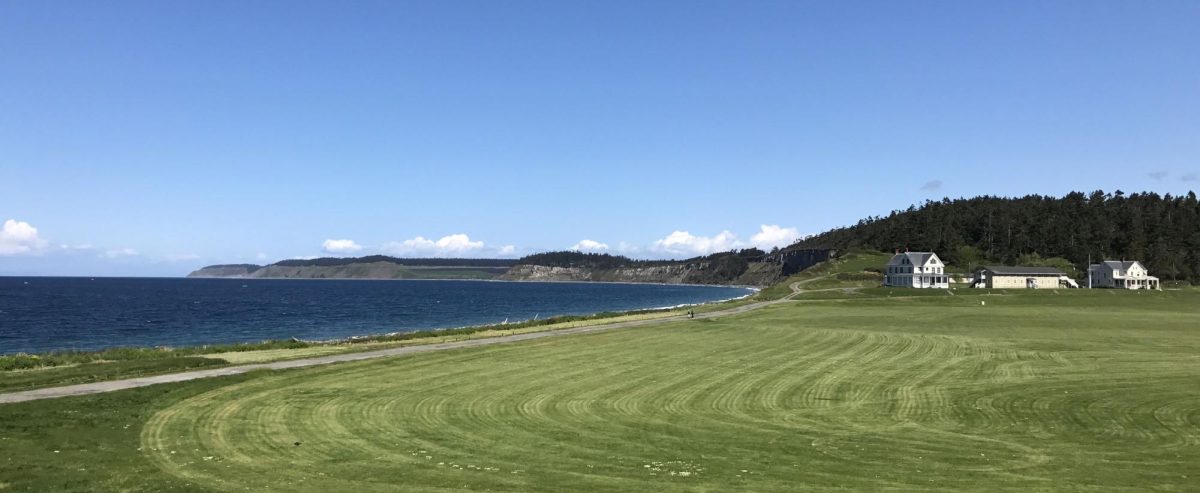Embodied intertwines indigenous narratives
The morning began with an acknowledgement of the land we stand on, land that was stolen and colonized over 500 years ago as part of the annual Intercultural Retreat, titled Embodied, sponsored by Catalyst.
In the early hours of Saturday, March 30, students acknowledged this history of colonization as members of indigenous tribes in the state of Washington came to share their stories.
The theme for the event was interconnectedness of mind, body and spirit. Senior Madisynn McCombs, the coordinator for Catalyst, said that they chose the theme to break down the western ideals of separation, choosing the focus instead on how everything from our bodies to how our stories are intertwined.
McCombs, and the other members of Catalyst, kept coming back to indigenous tribes because of the way they perfectly embodied the idea of interconnectedness.
“We are here occupying this land and the people that originally occupied this land are still here so we are inherently connected with them,” McCombs said.
“We have to remember that and we can’t try to separate their story from the story of this land.”
Members of the organization Missing and Murdered Indigenous Women and other activists from indigenous tribes in Washington gathered to share their stories with students, creating a day of heavy conversations, painful pasts and hope for the future.
Earth-Feather Sovereign, a member of Missing and Murdered Indigenous Women Washington, gave a presentation that brought awareness to the rising epidemic of violence on reservations.
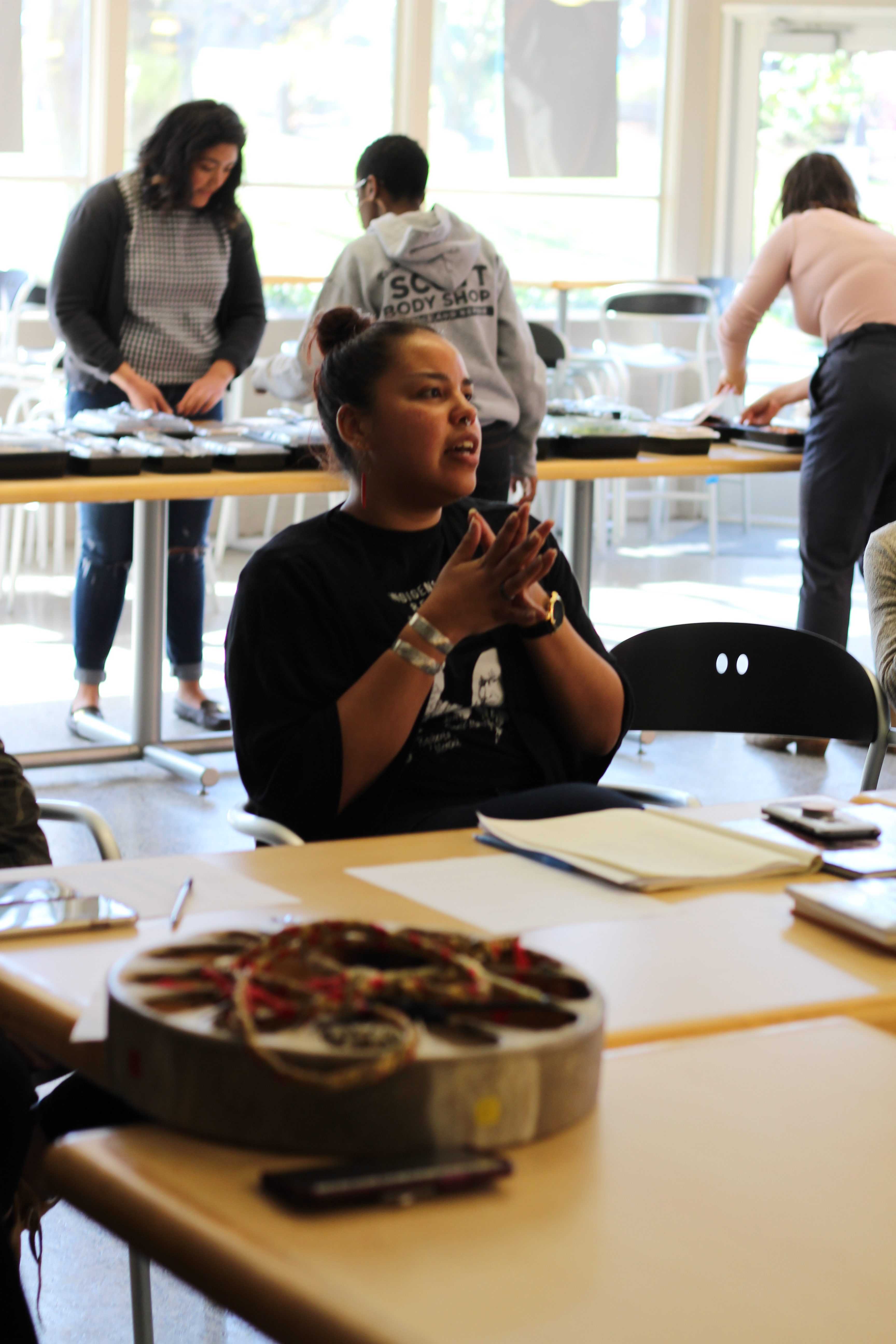
According to the National Congress of American Indians, the murder rate for American Indian and Alaska Native women is 10 times higher than the national average.
During Sovereign’s presentation, she spoke on the high amounts of indigenous women that are victims of sex trafficking and domestic violence. Sovereign, who is a survivor of both, hopes that she can empower other women through her work.
“My story is the story of a lot of women, and I hope that telling my story will encourage other women to tell theirs or to have the self awareness that they are not alone,” Sovereign said.
Not only is Sovereign’s story connected with other indigenous women, it is also connected with the story of America and the people who now inhabit this land.
In Sovereign’s presentation, she stressed how uplifting indigenous people will help uplift the country as a whole.
Furthermore, she stressed that people all have a common story to connect to.
“We all have indigenous roots somewhere,” Sovereign said.
“We have all been colonized at some point in our history. In finding our indigenous roots, I believe that there is healing in reflecting and coming back to our Mother Earth.”
Also during the event, activist Calina Lawrence shared her story and a song, connecting students through the power of trust and music.
Lawrence spent most of her childhood moving through foster homes after being taken from her parents by the government, and now works to share the stories of indigenous people with the world.
Sophomore Emma Engel was amazed by the resilience of the women who shared their stories, especially Lawrence.
For Engel, the event allowed her to feel more connected with groups that had different experiences than her.
“Being able to hear stories that aren’t often shared helps you to know and gain a deeper understanding of different groups of people,” Engel said.
According the Engel, these stories are especially important to share on a campus that lacks certain kinds of diversity, especially with indigenous tribes.
“We have a very dominant narrative on our campus so I think it’s important to step outside of that and intentionally take part in these sorts of events to hear other stories,” Engel said.
For McCombs, giving these women a platform to share their experiences was as important for the women sharing as it was for the students receiving the information. Moving forward, being open and willing to listen to stories is an important part of healing for all communities.
“Storytelling is also such a big part of so many of these cultures that when we take away people’s ability to tell stories and listen to stories, that is taking away a huge part of their culture and history,” McCombs said.
















































































